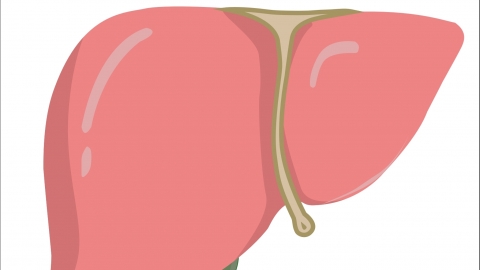Is gallstone dissolution therapy effective?
Generally, the effectiveness of gallstone dissolution therapy depends on the type and size of the gallstones. This therapy is usually effective for small, pure cholesterol stones, but typically ineffective for larger stones or those composed of non-cholesterol substances. Detailed analysis is as follows:

If the gallstones are purely composed of cholesterol, less than 2 cm in diameter, and the gallbladder has normal contractile function without severe inflammation, gallstone dissolution therapy is usually effective. By taking medications that dissolve the stones, cholesterol stones can be gradually broken down, shrinking over time until they disappear. This treatment approach is relatively mild and avoids surgical intervention.
However, if the gallstones are larger than 2 cm in diameter, contain significant amounts of non-cholesterol components such as bilirubin or calcium salts, or if the gallbladder has impaired contractile function or is accompanied by severe cholecystitis, gallstone dissolution therapy is generally ineffective. Medications have difficulty dissolving non-cholesterol components, large stones dissolve very slowly, and drug use may even irritate the gallbladder, worsening inflammation or increasing the risk of bile duct obstruction due to dislodged stones.
In daily care, it is important to maintain a low-fat diet, avoid organ meats, fried foods, and other high-cholesterol items to reduce cholesterol intake; eat regular meals and avoid prolonged fasting to prevent bile stasis.




